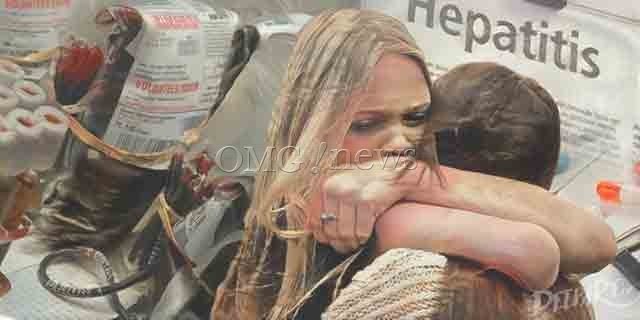By James Simons-
An inquiry into the contaminated blood scandal which saw thousands patients infected with HIV and hepatitis C will be “frightened of no-one”, according to its chair.
In the 1970s and 80s, thousands of people with haemophilia became infected with hepatitis C and HIV – the virus that leads to Aids after receiving contaminated blood products from the NHS.
Many of the nearly 8.000 victims affected by the dreadful epidemic.
The inquiry will first hear from victims in central London, then will proceed to hear more testimonies take place over the coming months in Belfast, Leeds, Edinburgh and Cardiff.suffered from the genetic disorder that affects the blood’s ability to clot. Many were given products imported from commercial organisations in the US.
Among the paid donors were high-risk groups including prison inmates and injecting drug users. Close to 5,000 people with haemophilia were infected with hepatitis C or HIV in the 1970s and 1980s, wit over 40% of them eventually killed by the disease.Former High Court judge Sir Brian Langstaff who has read many of the witness statements escribed many of them as ”harrowing and incredibly moving”. He thanked the victims for their bravery. In one of the worst and most embarrassing periods of history, thousands of patients were infected with HIV and hepatitis C via contaminated blood products in the 1970s and 1980s.
Most painful from the findings is that thousands today because of a blood transfusion that was no fault of theirs.
The inquiry will also examine a potential cover-up at the highest level. Inquiry chair Sir Brian thanked those who volunteered statements and told the packed hearing room: “I have already read a large number more than once, some a number of times.
“Some are harrowing; some incredibly moving; some chillingly factual. All are valuable. There are more to come.
“For many, making a statement has been, and for some it yet will be, an act of bravery, which I would like to acknowledge publicly here and now; it may have stirred up, and may yet stir up, distressing memories.
“I understand some simply cannot bring themselves to make a statement because it is too much.”
Sir Brian described Tuesday as a “significant” day for the inquiry and added: “At the preliminary hearings I set out the principles that were to guide this inquiry.
“They were, first and foremost, putting people at its heart, UK-wide; being as quick as reasonable thoroughness permits; paying proper respect to a person’s right to be heard; being as open and transparent as it is legally possible to be; being independent of Government, and frightened of no-one in the conclusions it draws.”
Sir Brian said the inquiry would recognise that people have different perspectives.
“It cannot be just a favoured few, or for that matter a favoured many, who are at its heart.
“Those wishing to attribute blame; those wishing to escape blame; those who wish neither, but just seek to understand why what happened did, or to explain their actions; those who received blood products, those who were transfused with infected blood; those who were patients, those who were doctors.
“All are people, and all are entitled to be heard with respect; and I would ask participants to respect that entitlement, however unpalatable they may find some of the ideas, or explanations, or accusations being expressed.” he said.
The letter, dated April 11, said the greatest risk was in relation to hepatitis C, which often doesn’t have any noticeable symptoms until the liver has been significantly damaged, meaning people could be infected without realising it. It said that because symptoms can be mistaken for other conditions doctors should consider checking if patients with flu-like symptoms, tiredness, loss of appetite, abdominal pain and feeling or being sick had received blood or blood products prior to 1991.
It added: “The only way to know for certain if these symptoms are caused by hepatitis C is to get tested.”Clinical staff should therefore consider asking patients who present with nonspecific symptoms whether they may have had blood or blood products prior to 1991 and offering them a screen for blood borne viruses.”




